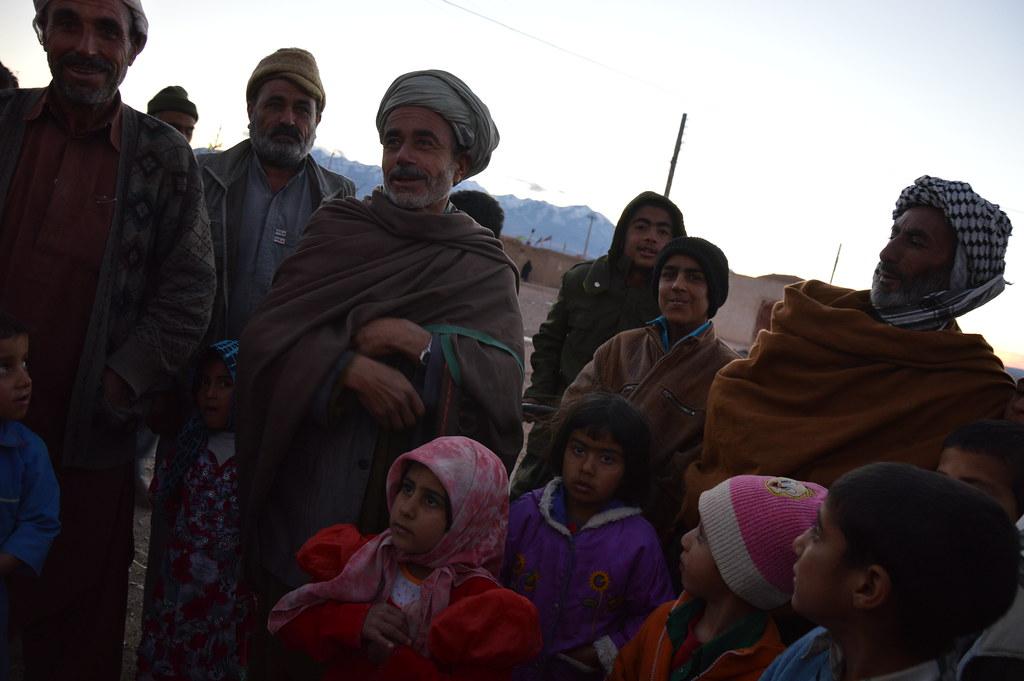The United Nations High Commissioner for Refugees (UNHCR) has launched the Regional Refugee Response Plan for the Afghanistan Situation to support 7.9 million people, including 5.2 million Afghans, refugees, and their local hosts across the region. The UNHCR envisages a worst-case scenario of 500,000 Afghan refugees arriving in neighboring countries by the end of the year, which has necessitated the response plan.
The worsening security situation across Afghanistan following foreign troop withdrawal and Taliban advances has forced an estimated 270,000 people from their homes since January, bringing the total number of internally displaced people to more than 3.5 million. The plan aims to preposition aid and prepare for large outflows of refugees, with a total of US$613 million sought to allow the UNHCR and other UN agencies and partners to achieve these objectives.
The funding is targeted towards Afghans sheltering in Iran, Pakistan, Tajikistan, Turkey, and Uzbekistan, and is intended to support their basic needs, including shelter, water and sanitation, education, and healthcare, as well as provide livelihood support and protection services for the most vulnerable.
The situation in Afghanistan has been deteriorating due to the worsening security situation caused by foreign troop withdrawal and Taliban advances. Since January 2021, an estimated 270,000 people have been forced from their homes, bringing the total number of internally displaced people to more than 3.5 million. This situation has resulted in a worst-case scenario of 500,000 Afghan refugees arriving in neighboring countries by the end of the year, which has necessitated the launch of the Regional Refugee Response Plan for the Afghanistan Situation.
The Regional Refugee Response Plan for the Afghanistan Situation seeks a total of US$613 million to support Afghans sheltering in Iran, Pakistan, Tajikistan, Turkey, and Uzbekistan. The funding is targeted towards meeting the basic needs of refugees, including shelter, water and sanitation, education, and healthcare, as well as providing livelihood support and protection services for the most vulnerable. This funding is essential to support the refugees and their local hosts in the region and ensure that their basic needs and protection are met.


